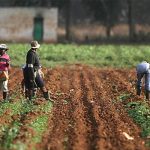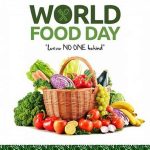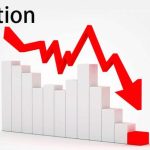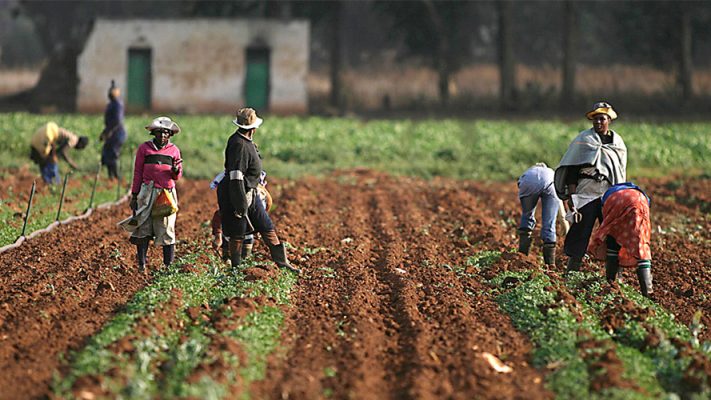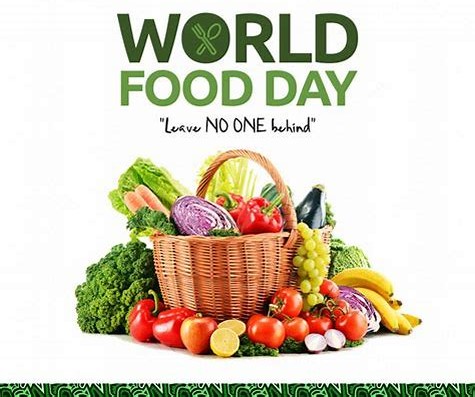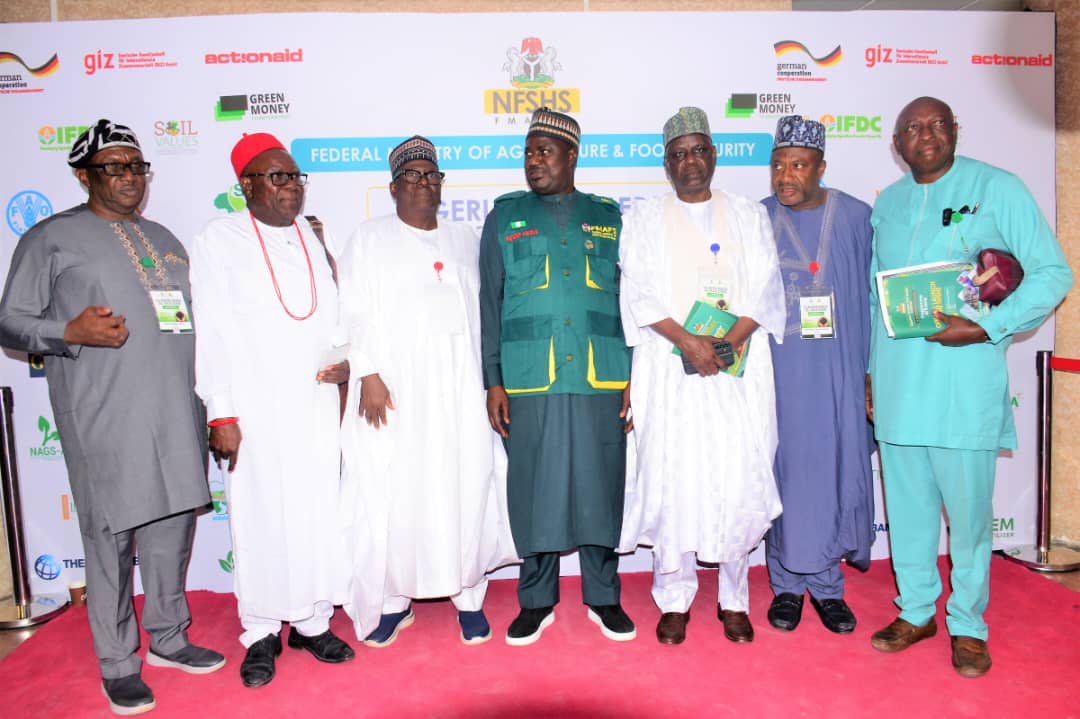The Food and Agriculture Organization (FAO) announced on Thursday that Nigeria’s social protection system has received a €36.33m boost to enhance resilience, gender equality, and economic stability.
The initiative, to be implemented in Borno and Adamawa states, is co-financed by the European Union (EU) and the German government under the Supporting Sustainable Social Protection, Participation, and Economic Resilience in Northeast Nigeria programme.
The announcement follows a high-level delegation’s visit to Borno and Adamawa states. The delegation included representatives from the EU, the German Federal Ministry for Economic Cooperation and Development (BMZ), FAO, and the Deutsche Gesellschaft für Internationale Zusammenarbeit (GIZ).
The EU Ambassador to Nigeria and ECOWAS, Mr. Gautier Mignot, reaffirmed the EU’s commitment to sustainable development in Northeast Nigeria, emphasising the importance of strengthening partnerships and exploring long-term development opportunities.
Mignot also identified the region as a priority for EU development cooperation and humanitarian assistance.
FAO’s Representative in Nigeria and ECOWAS, Koffy Dominique Kouacou, highlighted agricultural revitalisation as a key factor in the region’s recovery.
“The collaboration we envision is inclusive, addressing the needs of the most vulnerable populations while paving the way for long-term growth and prosperity,” Kouacou stated.
He further noted that boosting agriculture in the region would enhance food security and create sustainable economic opportunities.
A representative of the German Federal Ministry for Economic Cooperation and Development, Dr. Karin Jansen, underscored the significance of the initiative.
He said, “This initiative is a testament to the enduring partnership between the Government of Borno State, BMZ, and the EU, and to our shared commitment to improving the lives of the people in Northeast Nigeria with a strong focus on gender equality and social inclusion.”
The report also revealed that new development programmes, co-funded by EU member states, will be launched in 2025 as part of broader efforts to support recovery and long-term stability in the region.
Earlier, the United Nations Office for the Coordination of Humanitarian Affairs (UNOCHA) stated that Nigeria’s 2025 humanitarian intervention would require $910m, covering nine sectors.
UNOCHA’s Head of Office, Mr. Trond Jensen, described the humanitarian crisis in Borno, Adamawa, and Yobe (BAY) states as severe, citing conflict, displacement, and disruptions to livelihoods as major challenges.


